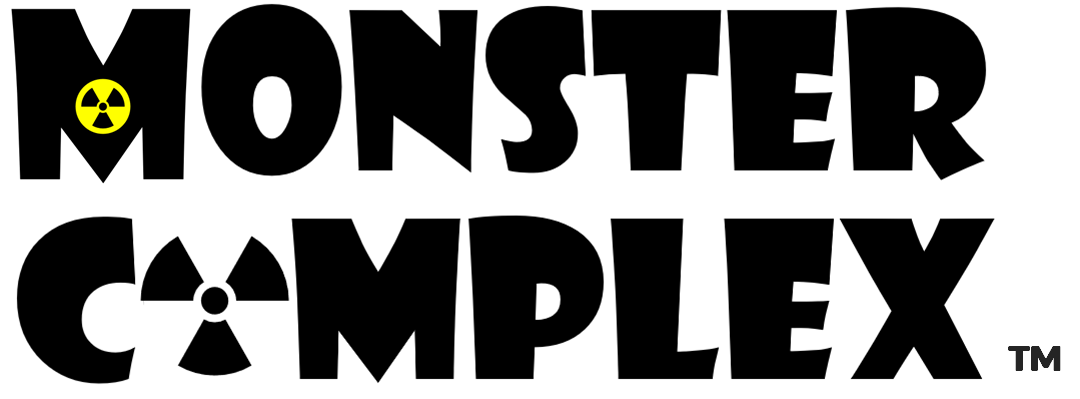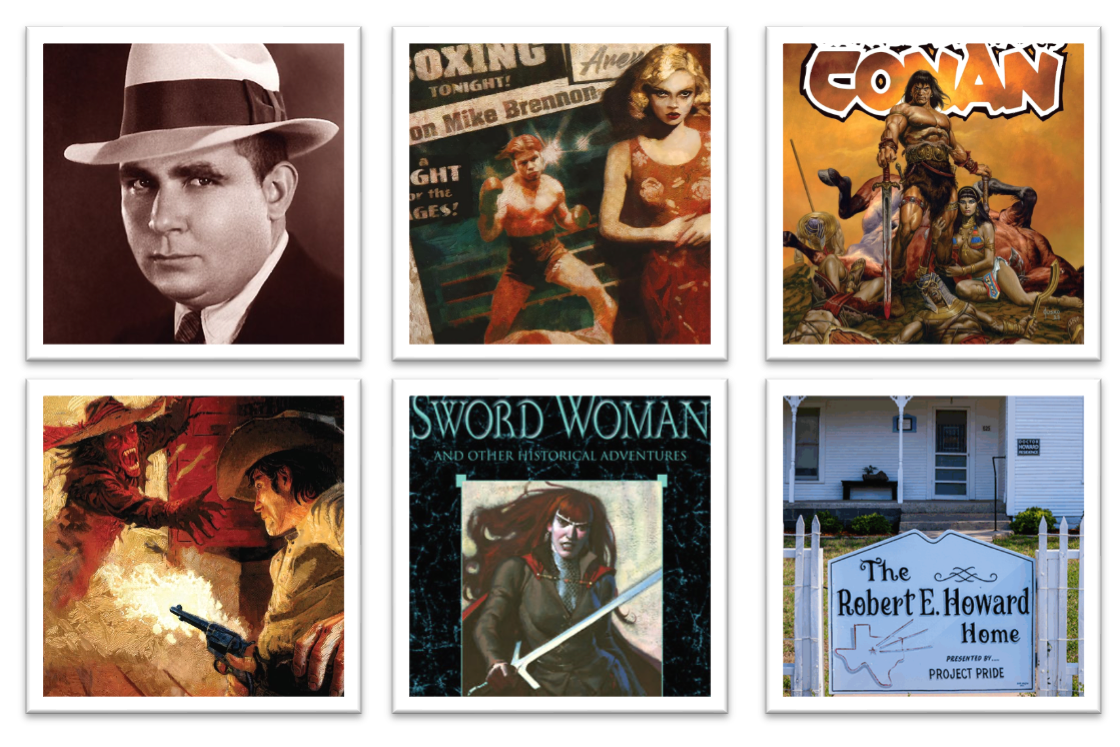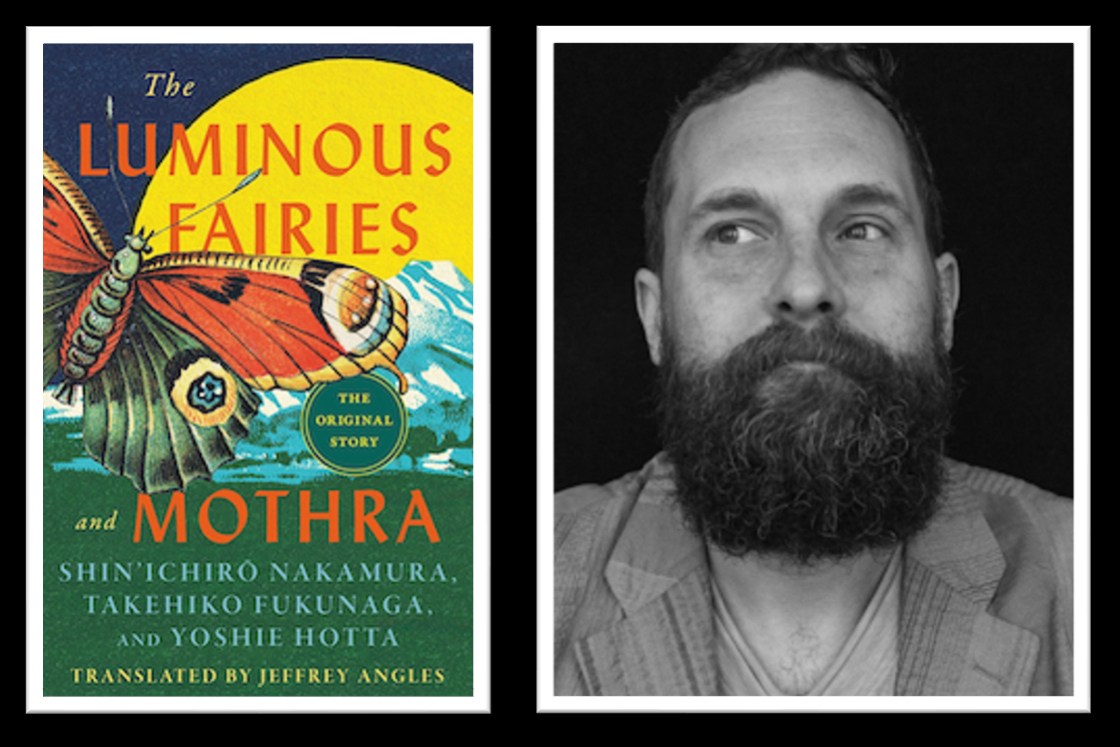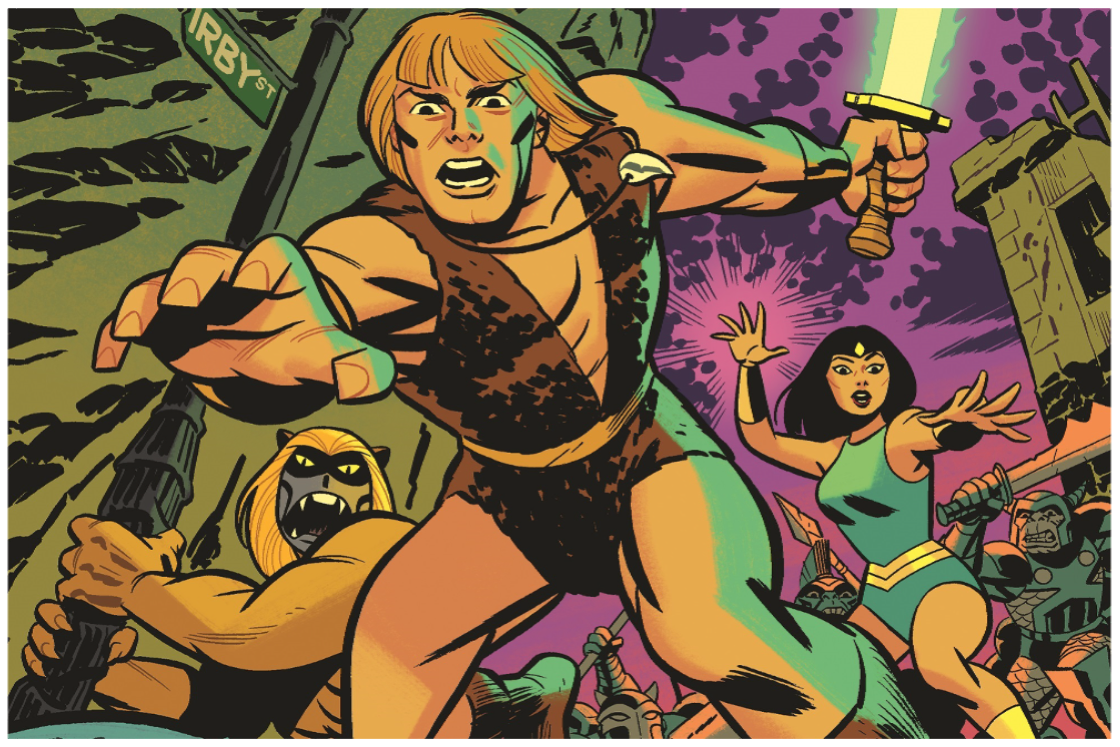Zombie Q&A—Justina Ireland: “The things that scare people are always the most interesting to write about.”
Photo by Eric Ireland
“There’s a whole new level of trauma when your dead friend is trying to eat your face.”
The Dread Nation author shares the origins of her Civil War-era zombie books, reveals the inspirations for her no-nonsense heroine Jane McKeene, and explains the importance of representation in media.
Justina Ireland is a New York Times Bestselling author, professor, and bookish bon vivant with a strong commitment to elevating marginalized voices. She’s the author of Dread Nation (Balzer + Bray/HarperCollins), a New York Times bestseller as well as the sequel Deathless Divide. Her earlier works include the fantasy young adult novels Vengeance Bound and Promise of Shadows (both Simon and Schuster). Justina also writes for the Star Wars franchise, including the books Lando’s Luck, Spark of the Resistance, and A Test of Courage, part of the High Republic publishing initiative. She is the former co-editor in chief of FIYAH Literary Magazine of Black Speculative Fiction, for which she won a World Fantasy Award.
RELATED
50 Most-Searched-For Zombie Comedy Movies
Monster Complex uses Amazon affiliate links.
Justina Ireland on the Inspiration for Her Civil War-era Zombie Novels
The original idea for Dread Nation and Deathless Divide came about in response to Pride and Prejudice and Zombies. I was reading that book and thinking: How could women who didn’t even dress themselves suddenly become zombie fighting machines? If anything, I thought, they would’ve had ladies’ maids to do the zombie-killing for them. And as I considered what that would look like in the United States, the first draft of Dread Nation was born. It featured Negro girls who went to special combat schools to better themselves, similar to the Indian boarding schools of the late nineteenth century. Soon, I had a book about zombies and pretty girls fighting the dead in fancy dresses with lovely blades.
SOURCE: Black Girl Nerds
Justina Ireland on Her Favorite Kinds of Topics to Tackle
I like writing about issues of equality and representation of marginalized groups in fiction, because I think it’s something that terrifies people. The things that scare people are always the most interesting to write about.
SOURCE: Litsy Lemonade
Justina Ireland on Why the Civil War Setting is Ideal For Her Zombie Novels
The entire Civil War seemed like the perfect terrible moment for things to get even worse. War is horrible enough because you’ve just lost someone, but there’s a whole new level of trauma when your dead friend is trying to eat your face.
SOURCE: BookPage
Justina Ireland on creating the gutsy character of Jane (and her antithesis, Katherine)
I wanted to show a Black girl living her best life and thriving in the 1800s. But mostly I wanted to create her with the same kind of traits that we usually bestow upon male characters: bravado, grit, and swagger. So I looked at characters like Huck Finn and real life people like Doc Holliday and came up with Jane, this ridiculously larger than life girl who takes no nonsense from anyone. And Katherine is the opposite of Jane, because she’s the girl we usually see depicted in stories set in the 1800s: dutiful, demure, and polite. Between the two of them we get a fuller idea of the range of traits girls can and do have. Girls contain multitudes.
SOURCE: Books Inc
Justina Ireland on Describing the World of Dread Nation
Dread Nation is set in a carbon-copy post-Reconstruction America, only the ending of the Civil War was the zombie apocalypse starting at Gettysburg. So it’s basically old-timey zombies. Corsets and the restless dead. What more could one want? I think most folks don’t really understand what happened between the Civil War and the Civil Rights movement for black folks, so I wanted to center the idea of black people actually living their lives and existing in this time period. But with zombies.
SOURCE: Goodreads
Justina Ireland on “Subverting the White Gaze”
Publishing is white. Super white. Minnesota after a blizzard white. When we talk about publishing, we have to consider the gatekeepers, the folks who decide what makes it to the shelf at the front of the store, or who gets in the store in the first place. And that means writers have to understand that those gatekeepers are coming from a very specific place, and they have to account for it. They don’t necessarily have to write to center white identity, but there has to be a level of the narrative that white readers can connect with otherwise it will be very difficult to even get to the table. I’m not saying this is right, I’m saying this is where publishing is right now. Basically, Black writers have to build the concept of Blackness into their story the same way they would world build anything else. And that can be difficult if not done mindfully.
SOURCE: Graveyard Shift Sisters
Justina Ireland on Her Research Process for the Historical Aspects of the Dread Nation Books
My bachelor’s degree is in history, so history has always been a part of my life. I live not that far from Gettysburg, so I did a lot of research on the Civil War and how people were spread out during that time. I looked at population maps from that time period to understand what would actually happen if there was this massive plague or zombie apocalypse.
I also read a lot of documents from the Freedmen’s Bureau [the government agency that provided resources for former slaves], which was active during Reconstruction, and about the Native American boarding schools established by the federal government’s Bureau of Indian Affairs in the late 1800s [which separated children from their tribes and sent them to special government schools]. This structure was promoted as a way to benefit Native Americans but really benefitted the people who ran the schools. Churches got federal funding; local people got free labor. There was a lot of abuse that happened as well. I wanted to take something that from the outside might look like a good idea but from the inside was rotten at its core and build upon that parallel. That’s how I came up with the idea of this high-end finishing school for black girls to kill zombies, because it fit into what we know of our own history at that time.
SOURCE: BookWeb
Justina Ireland on Representation in the Media
If you never see yourself represented in media, do you exist? It feels very simplified when you put it that way, but for a long time as a child, I felt that way myself. I’m biracial. My mom is white, but there were a lot of years when I thought, ‘If I were born white, my life would be so much better.’ I could be a princess and I could go on magical adventures and do all these things that only white kids do. Occasionally a plucky redhead. But none of that is open to me because I’m a black girl who lives in a trailer park, right? As I got older, and especially as my daughter began reading books, I looked around at the media we have, and thought, ‘This is pretty fucking awful. This is like an apartheid of black people.’
This is right about the time I was starting to write, and N.K. Jemisin’s Hundred Thousand Kingdoms came out, and I lost my shit. I had heard nothing about it. I wasn’t really involved in adult SF/F online space, and I was only peripherally involved in YA. I had gone to the library and found this book, with this gorgeous cover that was very magical and sparkly. It was big, and I love big books, so I got it from the library. I couldn’t believe the main character was black. She’s clearly described as biracial. She talks about her hair, she talks about trying to fit in with her father’s white relatives who are very powerful. I was a third of the way through and I was like, ‘What? Did I miss something?’, and I went back and read it again. It was so exciting to see someone who first of all was biracial so they understood the competing of two worlds and navigating that, but second of all was just there to have a really hot sexy adventure. That book is sexy as hell and you can’t tell me it’s not–because everyone loves a pantheon. I was like, ‘oh my God this can be done?’ It was awesome.
SOURCE: Locus Mag
Justina Ireland On Fighting Zombies and White Supremacy | Females in Fantasy
Justina Ireland On Strong Female Characters
A Conversation with Justina Ireland | I Found This Great Book

























Maybe the greatest monster movie ever, Bride of Frankenstein (1935) was directed by James Whale, and starred Boris Karloff and Colin Clive. The sequel also starred Elsa Lanchester in two roles.